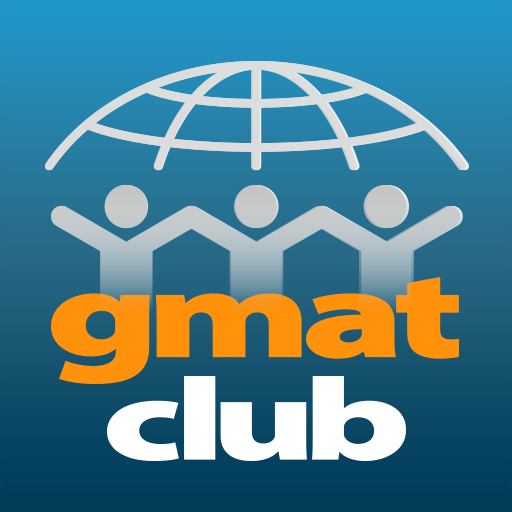
01/20/2021 by MBA Prep Coach 0 Comments
The MBA Interview – Don’t Let Up Now!
Now is the season for the all-important MBA interview process. In fact, many of you are preparing as I write this! Or at least I hope so? Or…maybe not?
Too often, I see applicants pour all their precious energy into the application and then blow it big time with the interview. By the time interviews roll around, they are either 1) burnt out, or 2) a bit overconfident about their ability to navigate the interview questions.
I mean, I put all the same stuff down in my application, right? How hard can it be? Unfortunately, the interview is a different animal. You are being asked to sell yourself in real time, and the questions are often very different.
The brutal reality is that you need to invest time and energy into the MBA interview process, just as you did with the applications. You’re competing against an even more outstanding group of people at this point.
Rather than thinking of this as “getting over the hump”, I encourage you to treat it as square one. Interviews are mostly blind – and so it really is square one. I know your applications were a ton of work and you feel like the interview is your reward, like here’s your “cash and prize” for all that effort! But alas, it is not.
The interview is not picking up where you left off, but an opportunity for a conversation to a stranger. Now you get to sell yourself in a whole new way, usually, to a new audience.
In the MBA applications, you are asked to tell a story, give them a chronological beginning, middle, and end. However, what is often the case with interviews is that you need to give them the big picture, abbreviate things, and summarize your value proposition. Here are three such questions.
“Walk Me Through Your Resume”
Give them your “greatest hits” and please listen to this, think targeted as opposed to comprehensive. JUST THE HIGHLIGHTS. I see (or hear) candidates responding to this question with an agenda, getting deep into one topic, thus ruining the flow of the response.
Don’t use this as an optional essay to just talk about what you think will “sell” you – most of the time this will actually leave you giving an incomplete response. And you can’t fool the listener; they know what you are doing. This response is about exercising good judgment as much as it is about your experience.
Stay focused on giving quick, digestible bits of information and keep it moving. Give them the big picture first, so they have context, and then use subsequent questions to give them the deep-dive on the details.
Write out your answer to this question. When you are talking about your career trajectory, how will you summarize the value of a job you held in 30 words? It takes work to make this look easy.
With this interview question, it’s particularly important to know how you come across. Once you have your talking points (not script, but points), deliver this on camera. Watch yourself. I can’t overstate how helpful this will be to you.
“Tell Me About Yourself”
Tell me about yourself is actually a variant of the previous question, only from a personal perspective. Perhaps a bit about where you were born, your family, what drives you, what you are passionate about. For example, when explaining why you moved from NYC to Denver, include something like, “I’m the kind of person who likes to go for a hike the minute I open my eyes on a Saturday morning.” The best answers show some self-awareness or share your values, so the interviewer gets a bit of “who you are” rather than a robotic recitation of “what you’ve done.”
“Pitch to Adcom/Why You/What Can You Bring to Our School”
If you haven’t yet identified your unique contribution, now is definitely the time. Yesterday I was working with a candidate who had great experience, but all he could sputter out were words like collaborative and international. It was disjointed, and I wasn’t able to get any traction on what he was saying. This happens all the time, regardless of your TOEFL or verbal GMAT scores.
Finally, we identified his USP – working with international, cross-functional teams to implement programs. And from there, we could substantiate it with results he had achieved. That enabled us to tackle the most important question – what’s it in for them?
Here are some things we identified. When some might feel awkward or reticent about working with a team comprised of all international team members, he would be able to step in, lead and add value. In the classroom, he could add a cultural dimension to cases about businesses scaling operations overseas. What are some cultural considerations when rolling out programs abroad? He could help answer these questions, specifically when dealing with expansion to China, his area of expertise. It takes time to think through the interviewer’s WIFM (What’s In It For Me), and it would be foolish to do this extemporaneously.
Make a Plan
You’re trying to communicate your value. When writing your resume, did you just scribble out what came to mind in two minutes, hoping the reader could make sense of it? Even though this is 1-1, and hopefully turns into a conversation, in many ways, it is akin to public speaking. And it would be nuts to assume the podium without a clear intention of what you intend to convey. Imagine someone winging a TED talk.
Many say it’s unwise to “script responses” and I agree, however, DO make a roadmap with some talking points. You don’t want to repeat it all word for word – because that would be almost impossible – yet it’s imperative to have a plan for what you are going to say.
Make a Connection
One of the best parts about being prepared for your interview? Rather than searching your memory or struggling for words, you can focus your attention on making eye contact, observing the body language of your interviewer, and developing rapport. Why is this important? You want to reach the interviewer not just on a cerebral level, but also an emotional level.
“At the end of the day people won’t remember what you said or did, they will remember how you made them feel.” – Maya Angelou


Comments
Leave a comment